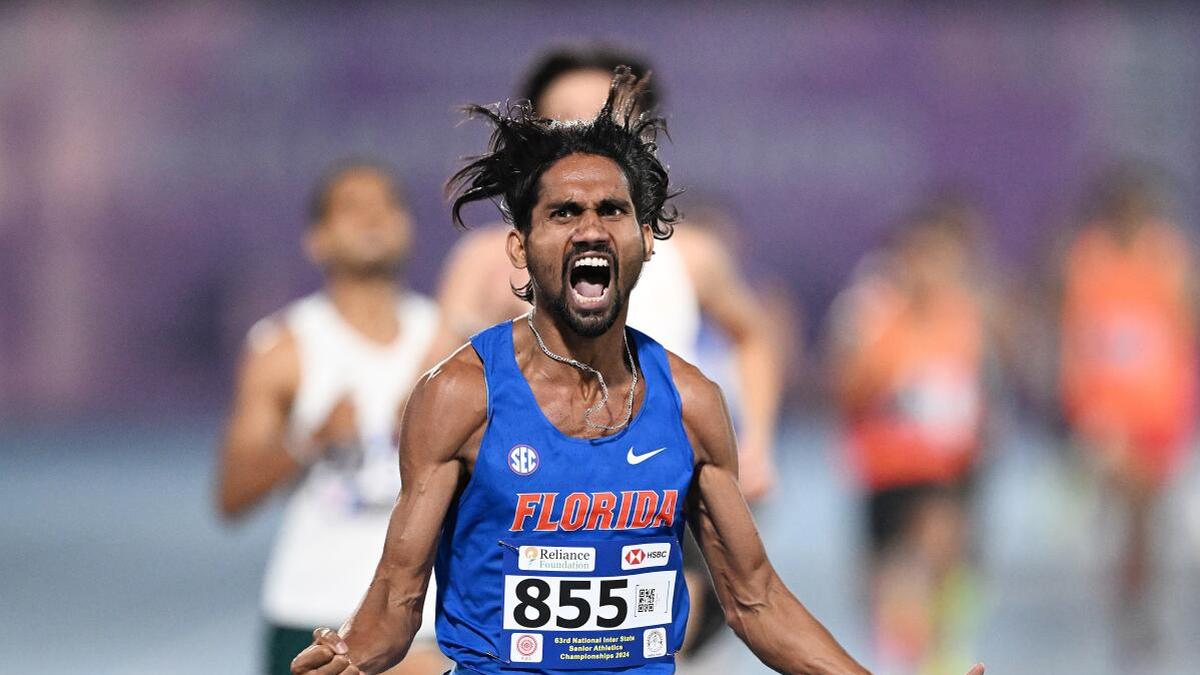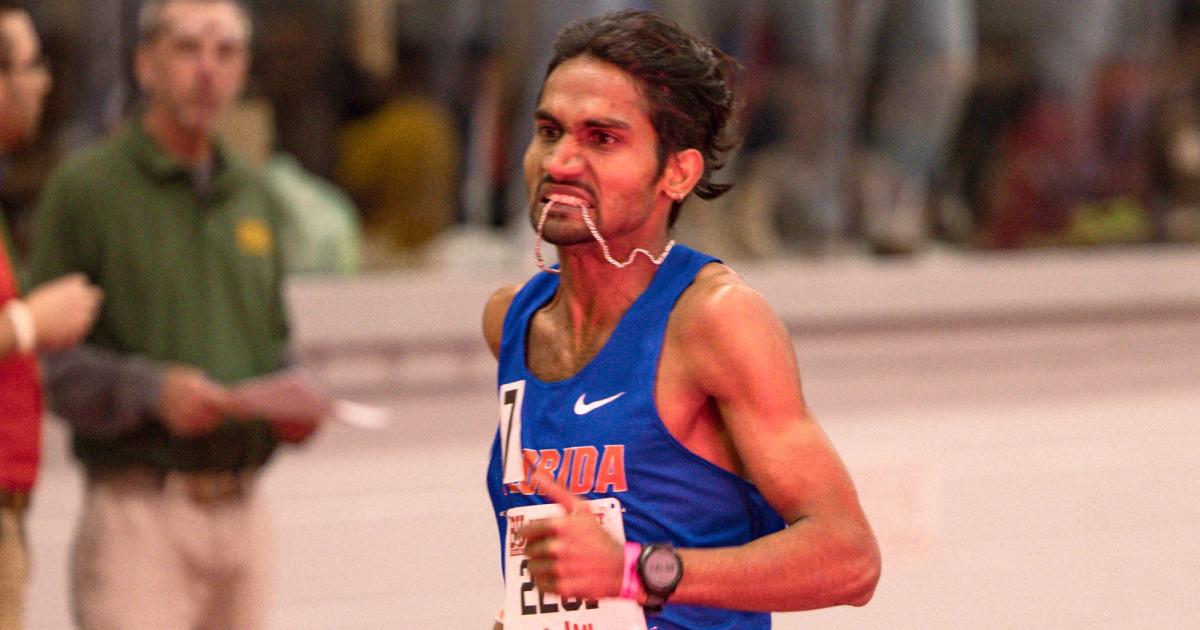What makes this scandal more infuriating is Parvej’s silent admission of guilt. He didn’t even bother to request a B-sample analysis — an option most clean athletes would use to fight for their name. Instead, he stood quietly while the walls of his once-promising career crumbled. EPO, a substance meant for cancer patients, was coursing through the veins of a national-level athlete. No excuse. No fight. Just a disgraceful nod to guilt.

Let’s not pretend this is a one-off tragedy. The latest ADDP list reads like a blacklist of shame. Quartermiler Summy, a former world U-20 medalist, gets two years. Boxer Rohit Chamoli, a junior gold medallist, is gone for two. Weightlifters Deepak Singh and Simranjeet Kaur, wrestler Arju, kabbadi player Mohit Nandal — all suspended. The rot isn’t isolated; it’s systemic. Indian sports is facing an integrity crisis, and the damage isn't limited to one track, ring, or mat — it’s poisoning the entire foundation.

There’s a sick irony in this — these athletes train their bodies to the limit, preach hard work, and inspire the young, only to turn around and defile the very principles they champion. In Parvej’s case, the betrayal is deeper. He had youth, talent, international exposure — and still chose the shortcut. When asked to explain the missed tests, he reportedly sought leniency, citing “out-of-competition” technicalities. Pathetic. The only thing out of competition now is his future. Parvej Khan was supposed to be a symbol of new Indian athletics. Instead, he has become a cautionary tale — a reminder that talent without integrity is worthless. He won’t be seen on the track until 2030, if ever. By then, India’s athletic scene will have moved on. But the scar he leaves behind? That will linger. Because in the world of sport, you don’t just run to win — you run clean. And Parvej chose to cheat.